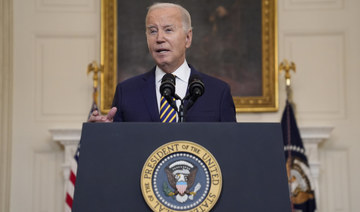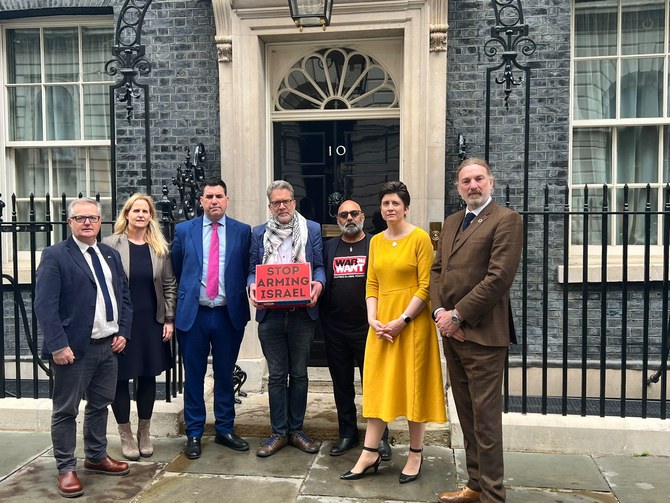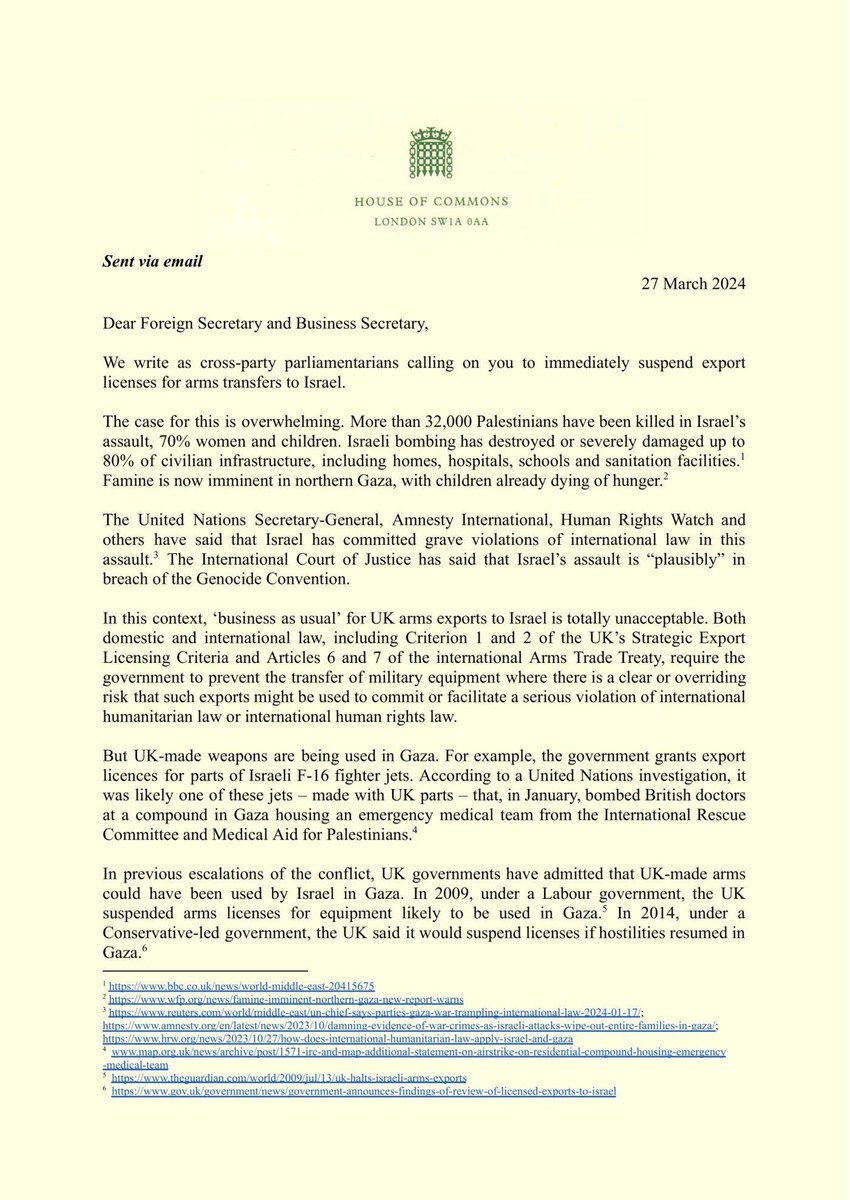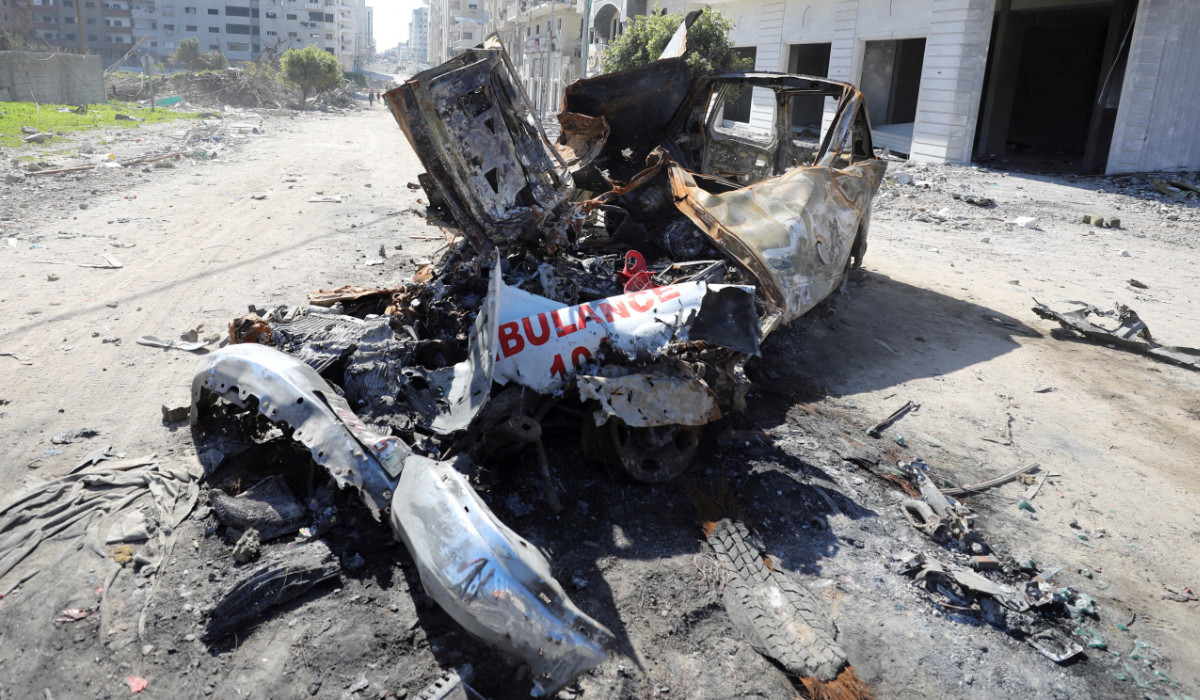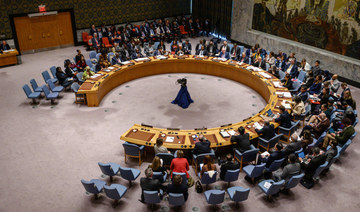DAVOS: One of the lasting legacies of the COVID-19 pandemic will be a more flexible approach to working because employees increasingly desire “more time for their life,” according to participants in a panel discussion on Wednesday at the World Economic Forum in Davos, Switzerland.
“I think that’s been a really good evolution; I would say (it was) unusual at first but I think we can see that this is what our employees are looking for: More control, more choice,” Jonas Prising, the CEO of ManpowerGroup, said during the discussion, titled The Four-Day Week: Necessity or Luxury?
ManpowerGroup is described as a world leader in innovative workforce solutions that connect human potential to the power of business.
Prising argued that all workers, regardless of profession, should be given the opportunity to work flexibly to prevent a split within the workforce.

CEO of ManpowerGroup, Jonas Prising, addresses a panel at the World Economic Forum. (WEF)
“This needs to be equitably distributed across many categories of workers; not only knowledge workers, not only those that can work from home, but people who are in production lines, who are driving trucks, who are in warehouses, and who are manufacturing,” he said.
“Otherwise, we’ll have a bifurcation of the workforce, and an inequitable distribution of this very valuable benefit that is truly something that all workers are looking for.”
Ohood Al-Roumi, the UAE’s minister of state for government development and future, agreed that people are demanding more flexible working options as a result of their experiences during the pandemic.

UAE Minister of State for Government Development and Future, Ohood bint Khalfan Al-Roumi, addresses a panel at the World Economic Forum. (WEF)
“They worked from home and the line between their personal and professional life blurred,” she said.
“And then when they started going back to their organizations … there was more demand for flexibility, well-being, there was a discussion about mental health.”
The UAE moved to a four-and-a-half day working week this year, with employees of federal organizations now working normal business hours from Monday to Thursday and until noon on Friday.
Al-Roumi said that there should a coordinated effort by public and private sectors to introduce more flexible working practices.
“In the UAE, the shorter workweek was implemented for government (workers), we did not impose it on the private sector,” she added.
“What happened, interestingly, was that 50 percent of the private companies followed the decision. And even some of the global companies who have offices in the UAE took that practice and applied it in their offices across the world.”








